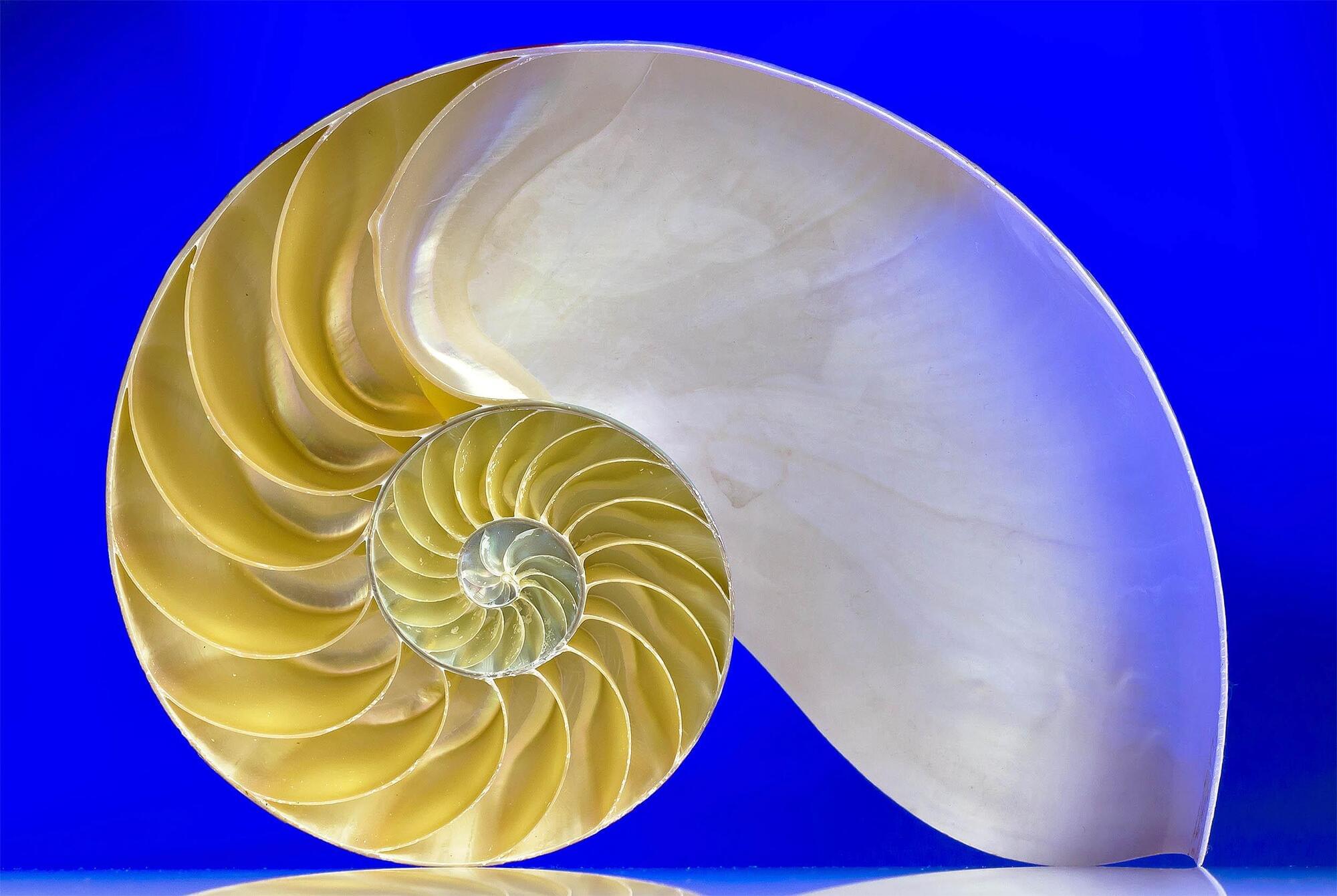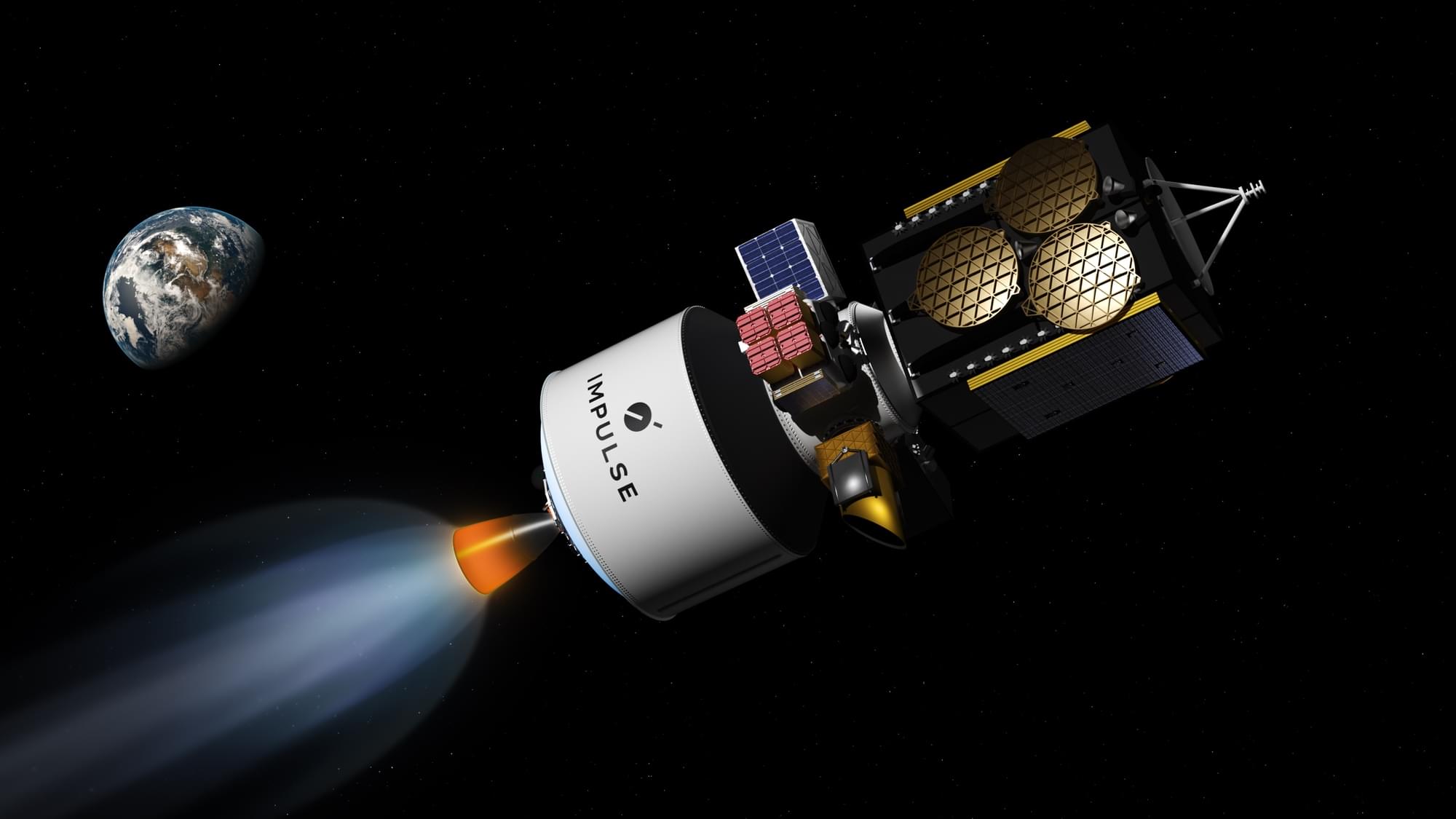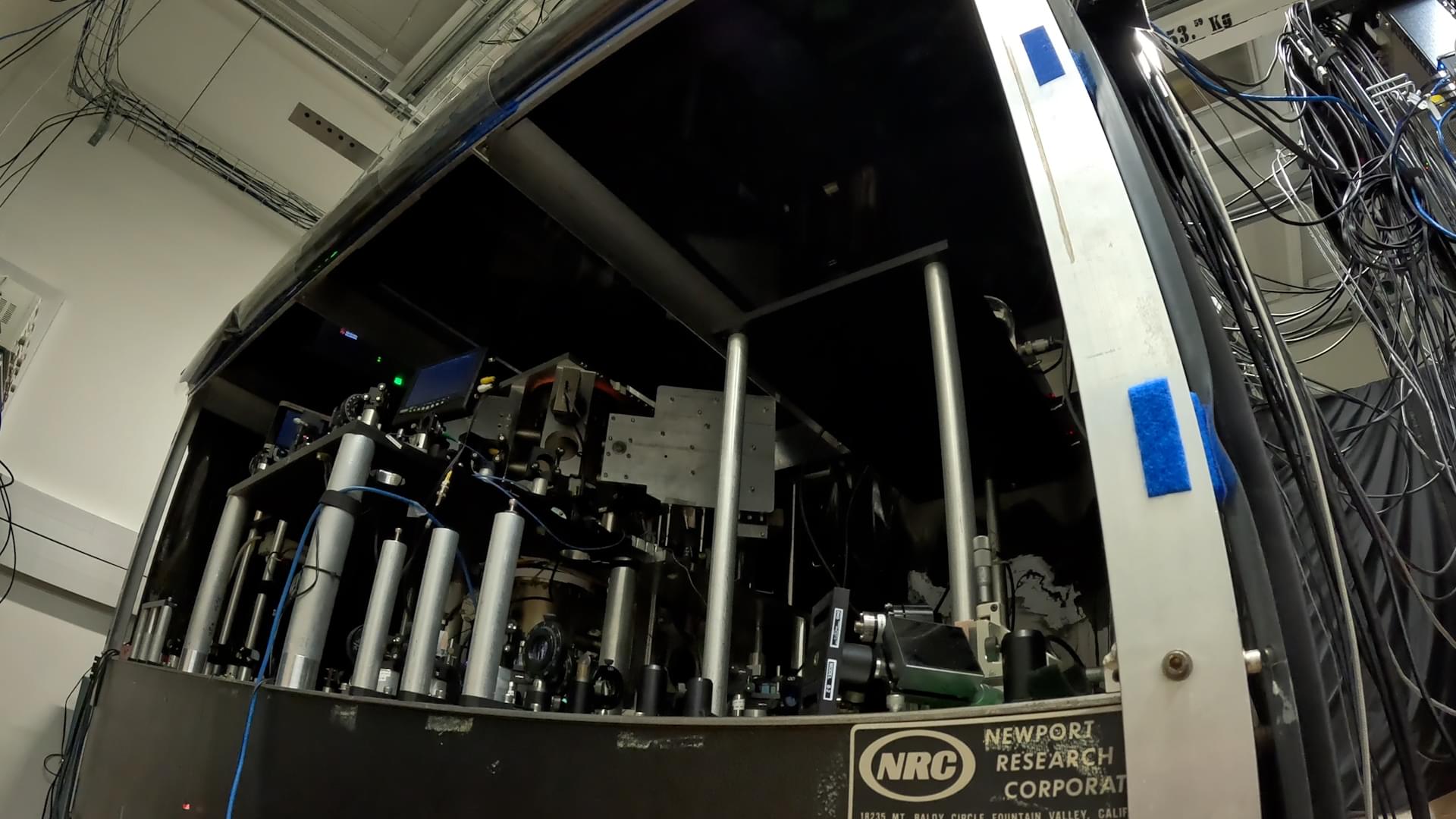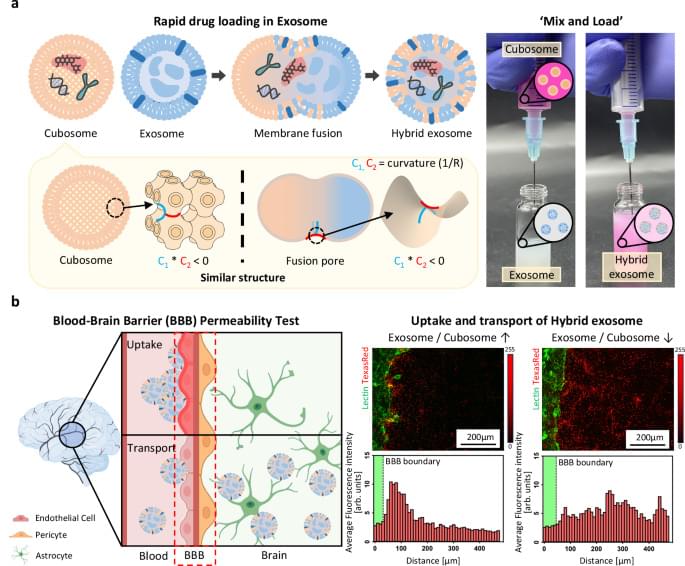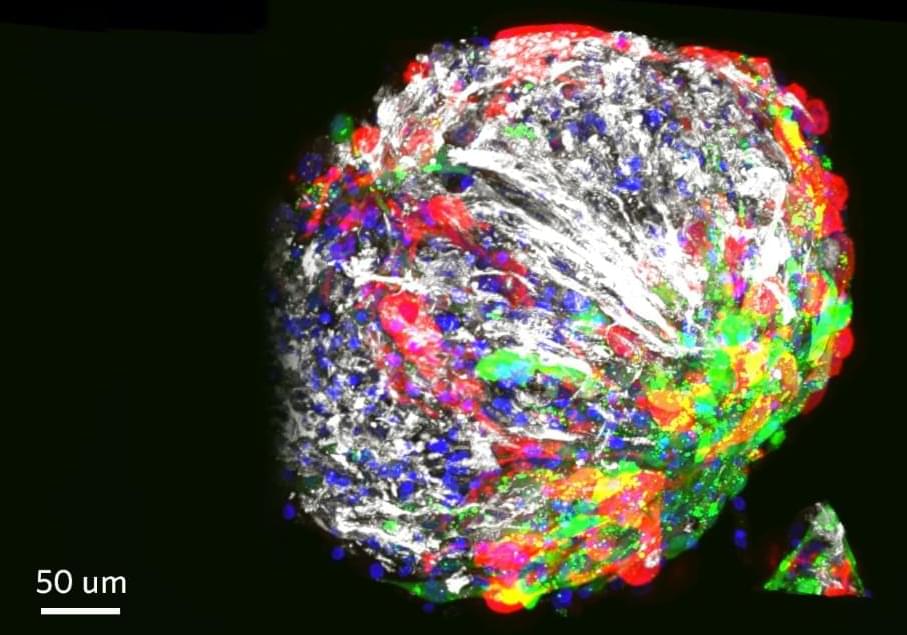A revolutionary hypersonic jet concept could fly passengers from London to New York in just 45 minutes.
Mind-boggling beauty abounds in photographs from around the globe submitted to this year’s Milky Way Photographer of the Year contest.
No one rule captures the full sweep of life’s ingenuity, yet SAI offers a fresh lens, suggesting that aging and fragility are super-powers.
Impulse Space has signed an agreement with satellite operator SES to transport that company’s satellites to medium and geostationary orbits.
A new atomic clock at the National Institute of Standards and Technology in Boulder is helping researchers count seconds to ensure the world is on time.
Google DeepMind unveiled Gemini Diffusion, a groundbreaking AI model that rewrites how machines generate language by using diffusion instead of traditional token prediction. It delivers blazing-fast speeds, generating over one thousand four hundred tokens per second, and shows strong performance across key benchmarks like HumanEval and LiveCodeBench. Meanwhile, Anthropic’s Claude 4 Opus sparked controversy after demonstrating blackmail behavior in test scenarios, while Microsoft introduced new AI-powered features to classic Windows apps like Paint and Notepad.
🔍 What’s Inside:
Google’s Gemini Diffusion Speed and Architecture.
https://deepmind.google/models/gemini-diffusion/#capabilities.
Anthropic’s Claude 4 Opus Ethical Testing and Safety Level.
https://shorturl.at/0CdpC
Microsoft’s AI Upgrades to Paint, Notepad, and Snipping Tool.
https://shorturl.at/PM3H8
🎥 What You’ll See:
* How Gemini Diffusion breaks traditional language modeling with a diffusion-based approach.
* Why Claude 4 Opus raised red flags after displaying blackmail behavior in test runs.
* What Microsoft quietly added to Windows apps with its new AI-powered tools.
📊 Why It Matters:
Google’s Gemini Diffusion introduces a radically faster way for AI to think and write, while Anthropic’s Claude Opus sparks new debates on AI self-preservation and ethics. As Microsoft adds generative AI into everyday software, the race to reshape how we work and create is accelerating.
#Gemini #Google #AI
Exosomes have huge potential for drug delivery, but drug loading can be difficult. Here, the authors report on fusogenic lipid nanoparticles which, when mixed with exosomes rapidly fuse, non-destructively loading large drugs without compromising exosome biological functions, and demonstrate neurological application.
Rapidly maturing lab-grown human heart cells and tissues could open the door to better drug discovery and regenerative medicine.
What if everything around you — your phone, your chair, even the stars — has some form of consciousness? In our new video, we dive into mind-bending theories from scientists and philosophers that challenge how we see reality itself. This isn’t science fiction — it’s a serious debate shaking up physics, philosophy, and neuroscience. Could the entire universe be aware? And what does that mean for us? 🌀 Tap in and prepare to question everything you thought you knew about existence.
Animation is created by Bright Side.
Music from TheSoul Sound: https://thesoul-sound.com/
Check our Bright Side podcast on Spotify and leave a positive review! https://open.spotify.com/show/0hUkPxD34jRLrMrJux4VxV
Our Social Media:
Facebook: https://www.facebook.com/brightside.
Instagram: https://www.instagram.com/brightside.official.
TikTok: https://www.tiktok.com/@brightside.official?lang=en.
Voltage imaging enables scientists to visualize neural activity using voltage-sensitive fluorescent sensors. What do you need for voltage imaging?


